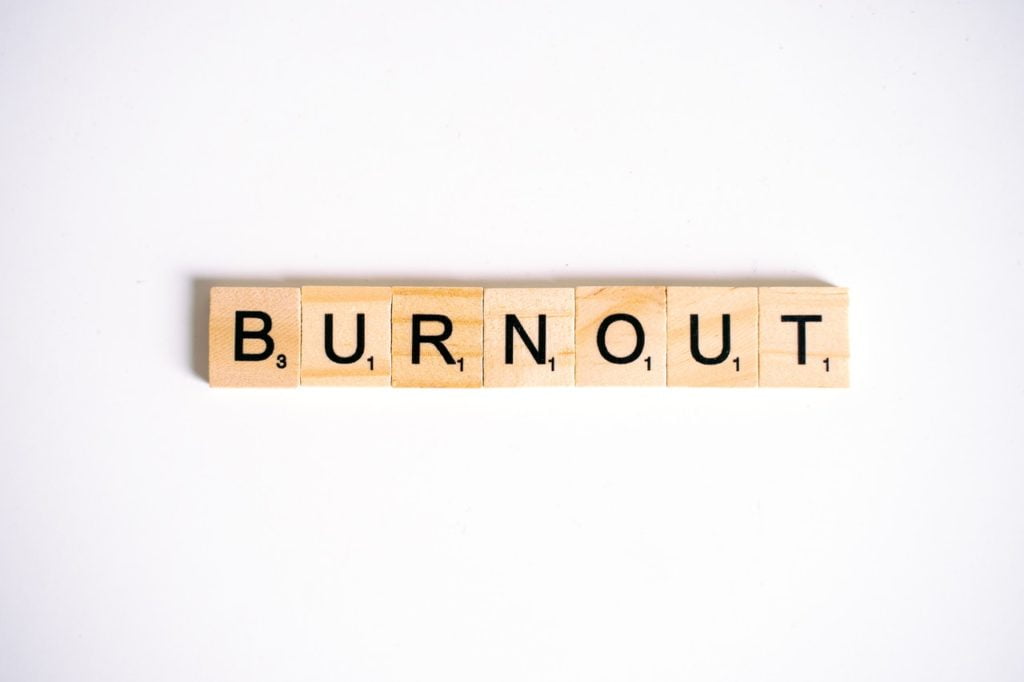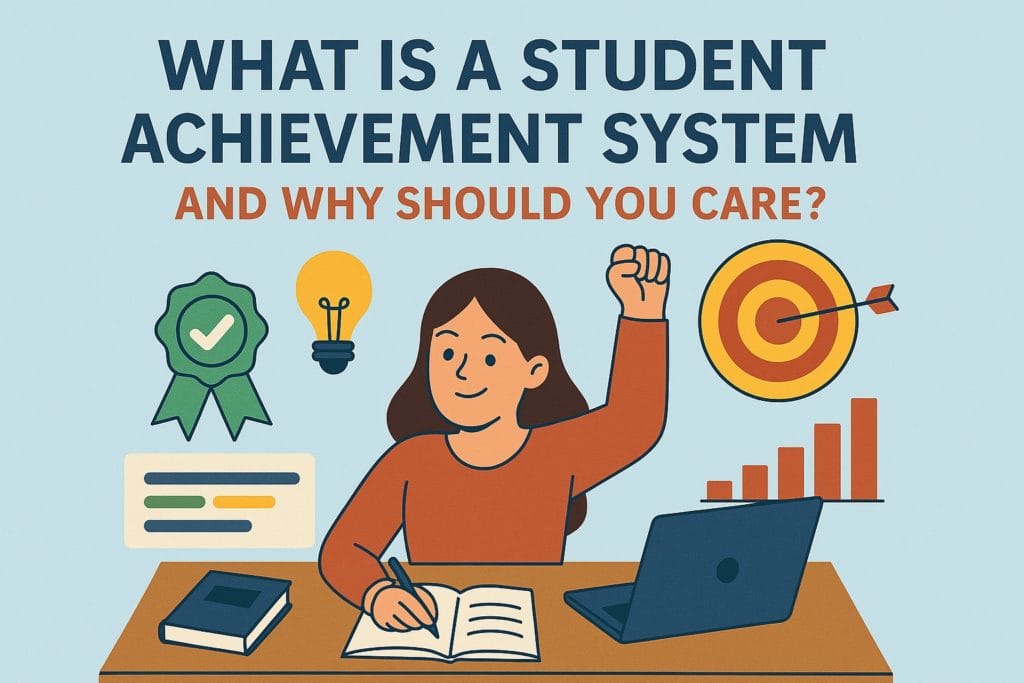
For many, college is an excellent time to grow as a person. From meeting new people to exploring alternative ideas and opinions, college allows students to discover unique aspects of themselves they never knew existed.
However, with the fun and excitement of these new opportunities come challenges that may prevent students from reaching their full potential. As a result, some students are tempted to quit school because they feel they are not living up to their full potential or do not have enough time for themselves – otherwise known as college burn-out.
What Causes College Burnout?
There are many reasons college students may feel burned out during their time in school. The main reasons for college burn-out usually include:
- Lack of time management skills
- Boredom from not being challenged
- Stress from being over-challenged
- Procrastination from too much partying
These factors can create a cascade of events that result in overall feelings of lethargy and lack of interest in school.
What Are the Symptoms of College Burnout?
Several symptoms indicate that a student is experiencing college burn-out:
- Lack of motivation to complete tasks at hand
- Difficulty focusing on work
- Increase in unproductive behavior (partying or skipping class)
- Excessive sleep
- Poor diet
- Reduced physical activity
- Anti-social behaviors
These symptoms ultimately create a depressed or anxious state in the student experiencing them. This is not a healthy way to live, so students need to recognize when they feel burned out and take steps to reverse their situation.
How to Survive Through College Burnout?
Each student experiencing the feelings and symptoms of college burn-out will need to decide the best way to mitigate their situation. Some students find a healthy balance of time management and self-care, whereas others may need the support of a professional or another trusted person in order to regain motivation.
Regardless of your situation, there are several tips that you can follow in order to prevent college burn-out from getting too serious:
Reduce Stress by Planning Ahead
Time management is the key to success for many college students. By planning out a schedule for class, homework, extracurricular activities, and off-campus obligations, students can stay on top of their workload and reduce stress.
In addition, time management and planning also serve as preventative measures against procrastination. When students know that they have a set time to complete a task, they will be more likely to get it done on time and not put it off until the last minute.
Identify Bad Study Habits
Poor study habits can make students feel like they aren’t grasping the material making them more likely to feel burned out. If this sounds like you, consider adopting better study habits by:
- Removing unnecessary distractions when studying
- Limiting the number of times you check your phone when studying
- Taking regular breaks during study sessions
- Making flashcards for difficult subjects
- Eating plenty of healthy snacks
Using these better study habits allows students to prevent burnout and ace their exams.
Find a Healthy Balance of Socializing and Studying
The college experience is about more than just your academics. College is a time for students to make friends, network with professionals in their chosen field, and explore various interests.
However, there needs to be a balance of social life and academic life to ensure that students don’t feel burned out.
For students that may be struggling with this balance, consider some of the following tips:
- Take part in extracurricular activities by joining campus clubs or sports teams
- Find a study buddy to keep each other accountable for studying
- Consider taking breaks from socializing during tough weeks of studying
- Limit socializing to certain times of the week (i.e., weekends or evenings)
Talk to Someone When You Are Feeling Overwhelmed
When students experiencing college burn-out realize that they feel burned out, it’s vital for them to seek support or advice from someone they trust.
Family members, friends, professors, and even the counseling center on campuses can provide students with sound advice on how to handle their situation.
In addition, seeking help and advice from these people will also be helpful towards increasing students’ self-awareness. It can identify the root of what may be causing their feelings and help them find a solution to overcome college burn-out.
Don’t Be too Hard on Yourself
College is a time to discover what works for you. Of course, it is not always an easy journey, but it certainly helps if students aren’t too hard on themselves or succumb to feelings of self-doubt or anxiety.
Try to avoid creating a negative mindset and focus on developing better coping strategies. By recognizing a tough situation and finding ways to overcome it, students can live a healthier and happier college life.
Don’t Let College Burnout Ruin Your College Experience!
College can be an exciting time, but for some students, the pressure of academics and extracurriculars can lead them to feel burned out.
However, by planning ahead, identifying bad study habits, finding a healthy balance between social life and academic life, and keeping a positive attitude, students can overcome college burn-out and have the ultimate college experience.
 Karen Palmer
Karen Palmer


